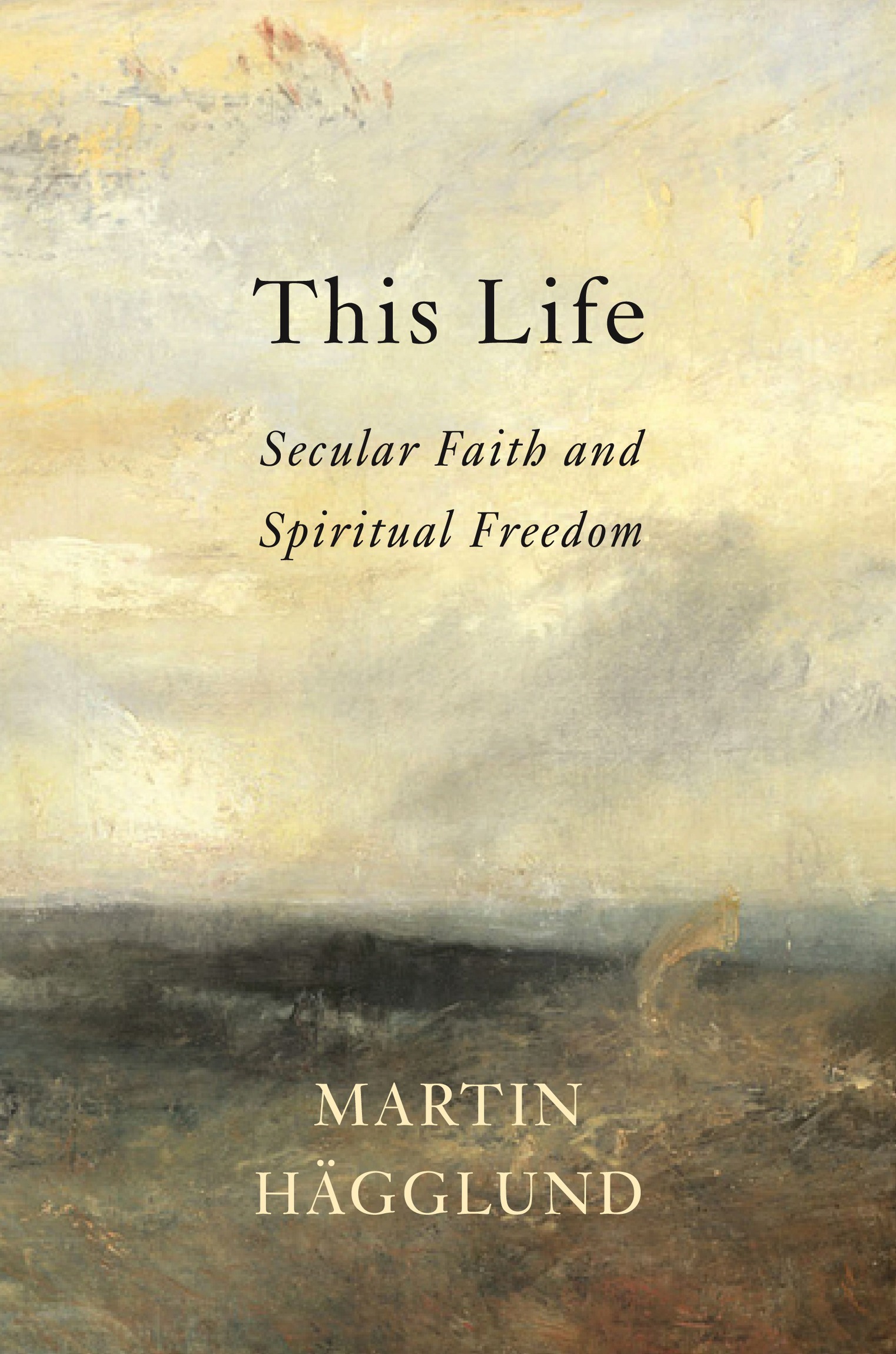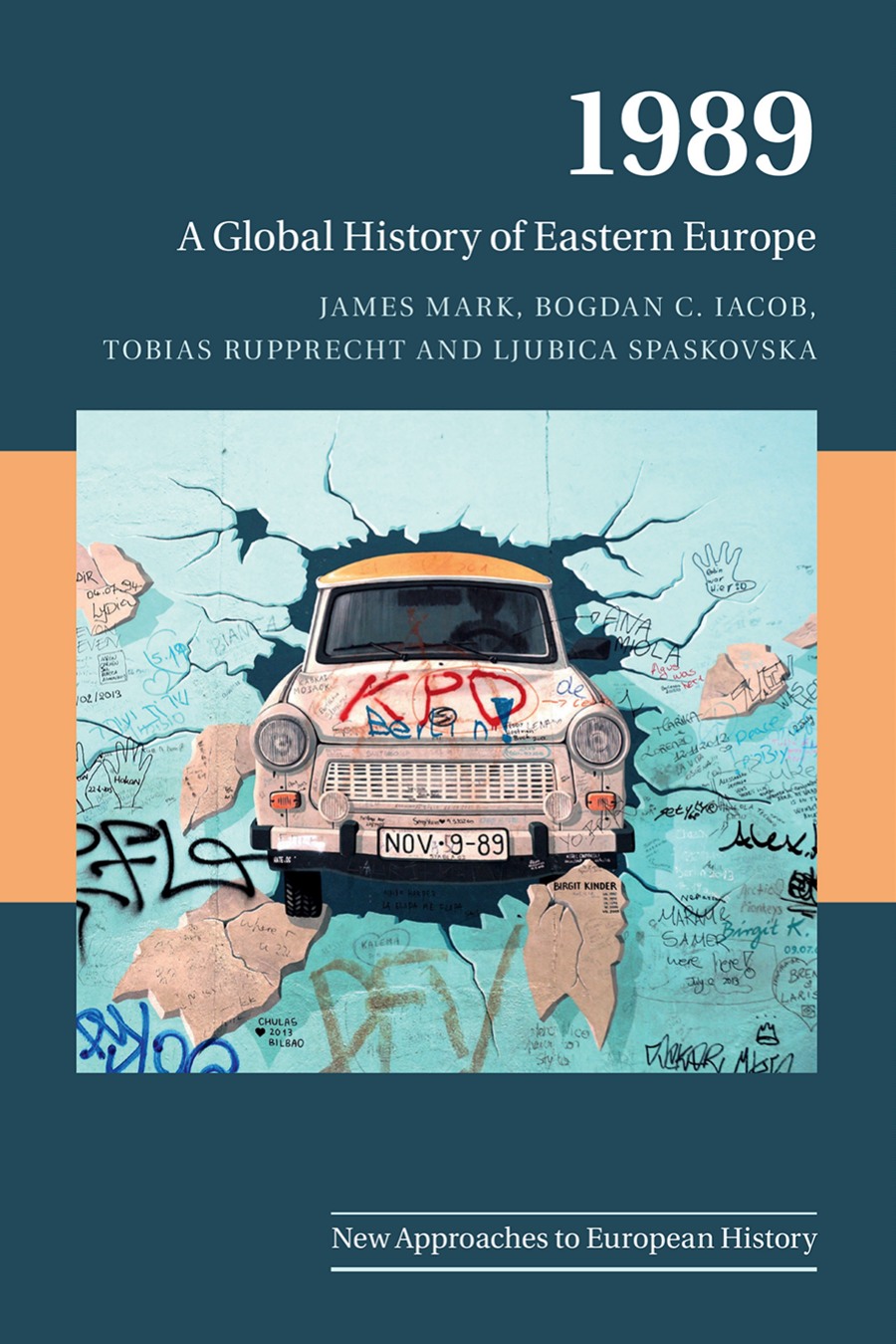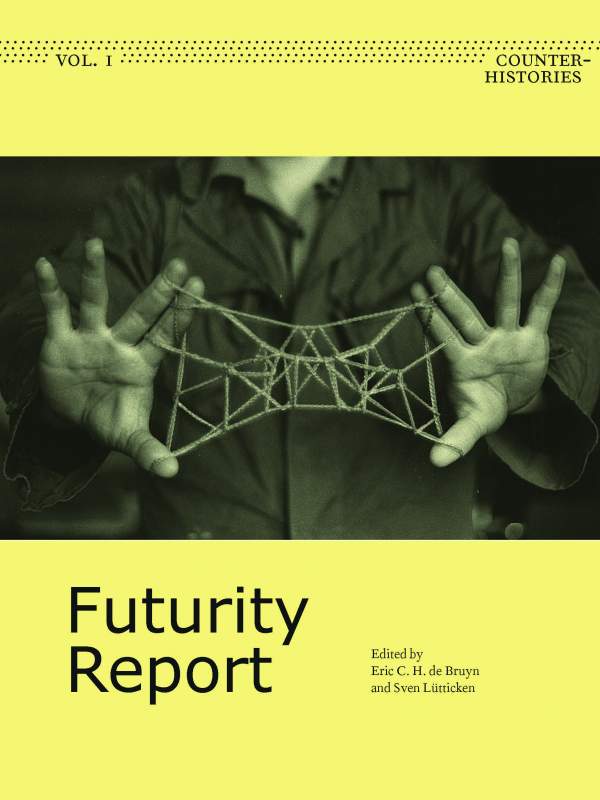Martin Hägglund: This Life: Secular Faith and Spiritual Freedom (2019)
Filed under book | Tags: · capitalism, critique, democracy, democratic socialism, faith, freedom, god, labour, liberalism, life, love, marxism, philosophy, politics, production, religion, secularism, socialism, society, spirituality, theory of value, time, value

“This Life offers a profoundly inspiring basis for transforming our lives, demonstrating that our commitment to freedom and democracy should lead us beyond both religion and capitalism. Philosopher Martin Hägglund argues that we need to cultivate not a religious faith in eternity but a secular faith devoted to our finite life together. He shows that all spiritual questions of freedom are inseparable from economic and material conditions: what matters is how we treat one another in this life and what we do with our time.
Engaging with great philosophers from Aristotle to Hegel and Marx, literary writers from Dante to Proust and Knausgaard, political economists from Mill to Keynes and Hayek, and religious thinkers from Augustine to Kierkegaard and Martin Luther King, Jr., Hägglund points the way to an emancipated life.”
Publisher Pantheon Books, New York, 2019
ISBN 9781101870402, 1101870400
450 pages
Interviews with author: Meagan Day (Jacobin, 2019), Adam Kelly (University of York, 2019, video).
Debates: Frederick Neuhouser, Lea Ypi, Jensen Suther (The Philosopher, 2019, with Hägglund’s introductory essay), Brandon M. Terry, Walter Benn Michaels, Benjamin Kunkel, Michael W. Clune, Jodi Dean, William Clare Roberts (Los Angeles Review of Books, 2020, with Hägglund’s response), Robert Pippin (The Point, 2019, Hägglund’s response).
Reviews: Samuel Moyn (Jacobin, 2019), Michael A. McCarthy (Jacobin, 2019), Nathan Brown (Radical Philosophy, 2019), Tyler M. Williams (Critical Inquiry, 2020), Jedediah Britton-Purdy (The New Republic, 2019), Mathew Abbott (Marx & Philosophy, 2020), Martin Rayburn (Parrhesia, 2020), Conall Cash (boundary2, 2019), Oliver Burkeman (The Guardian, 2019), James Wood (New Yorker, 2019), Adam Kirsch (Wall Street Journal, 2019), Matt McManus (Areo, 2020), Daniel Steinmetz-Jenkins and Daniel Zamora (Dissent, 2019), William Egginton (Believer, 2020), Anton Jansson (Ord & Bild, 2020, SW), Matthew Engelke (Public Books, 2019), Kevin Schilbrack (Sophia, 2020), Knox Peden (Sydney Review of Books, 2020), Johan Andreas Trovik (Vinduet, 2022, NO).
Author
Wikipedia
Publisher
WorldCat
James Mark, Bogdan C. Iacob, Tobias Rupprecht, Ljubica Spaskovska: 1989: A Global History of Eastern Europe (2019)
Filed under book | Tags: · 1989, authoritarianism, capitalism, central europe, communism, democracy, eastern europe, europe, european union, globalisation, history, human rights, illiberalism, internationalism, liberalism, market, migration, nationalism, neoliberalism, politics, post-communism, refugees, socialism, southeastern europe, soviet union, transition

“The collapse of the Berlin Wall has come to represent the entry of an isolated region onto the global stage. On the contrary, this study argues that communist states had in fact long been shapers of an interconnecting world, with ‘1989’ instead marking a choice by local elites about the form that globalisation should take. Published to coincide with the thirtieth anniversary of the 1989 revolutions, this work draws on material from local archives to international institutions to explore the place of Eastern Europe in the emergence, since the 1970s, of a new world order that combined neoliberal economics and liberal democracy with increasingly bordered civilisational, racial and religious identities. An original and wide-ranging history, it explores the importance of the region’s links to the West, East Asia, Africa, and Latin America in this global transformation, reclaiming the era’s other visions such as socialist democracy or authoritarian modernisation which had been lost in triumphalist histories of market liberalism.”
Publisher Cambridge University Press, Cambridge, UK, 2019
New Approaches to European History series, 59
ISBN 9781108427005, 1108427006
vii+372 pages
Reviews: Árpád von Klimo (H-Diplo, 2020), Tilmann Siebeneichner (German History, 2020), Nick Ostrum (Europe Now, 2020),
Interviews with co-author (James Mark): Ondřej Bělíček (A2larm, CZ, 2019), Ondřej Bělíček (Jacobin, 2020), Ronaldas Galinis (LRT.lt, 2020), Rūta Miškinytė (15min.lt, 2020, LT), Zoltán Ginelli (LeftEast, 2020, Part 2, Part 3).
Book summary (Eurozine, 2019).
Project website
Publisher
WorldCat
Eric C. H. de Bruyn, Sven Lütticken (eds.): Futurity Report (2020)
Filed under book | Tags: · capitalism, futurism, futurity, science fiction, theory

“Not long ago, a melancholic left and a manic neoliberalism seemed to arrive at an awkward consensus: the foreclosure of futurity. Whereas the former mourned the failure of its utopian project, the latter celebrated the triumph of a global marketplace. The radical hope of realizing a singularly different, more equitable future displaced by a belief that the future had already come to pass, limiting post-historical society to an uneventful life of endless accumulation. Today, amidst an abundance of neofuturisms, posthumanisms, futurologies, speculative philosophies and accelerationist scenarios, there is as well an expanding awareness of a looming planetary catastrophe driven by the extractionist logic of capitalism. Despite this return to the future, the temporal horizon of our present moment is perhaps more aptly characterized by the “shrinking future” of just-in-time production, risk management, high-frequency trading, and the futures market. In Futurity Report, theorists, historians, and artists address the precarious futurity of the notion of the future itself.”
Published in conjunction with the symposium “Future Caucus”, held at Van Abbemuseum, Eindhoven, on 20 May 2017.
With contributions by T. J. Demos, Diedrich Diederichsen, Haytham El-Wardany, Kodwo Eshun, Sven Lütticken, Silvia Maglioni and Graeme Thomson, Achille Mbembe, Doreen Mende, China Miéville, Pedro Neves Marques, Johannes Paul Raether, Natascha Sadr Haghighian, Felicity D. Scott, Kerstin Stakemeier, Ana Teixeira Pinto, Marina Vishmidt, and McKenzie Wark.
Publisher Sternberg Press, Berlin, 2020
Counter-Histories series, 1
ISBN 9783956794230
288 pages
via textz
PDF (124 MB)
Comment (0)
